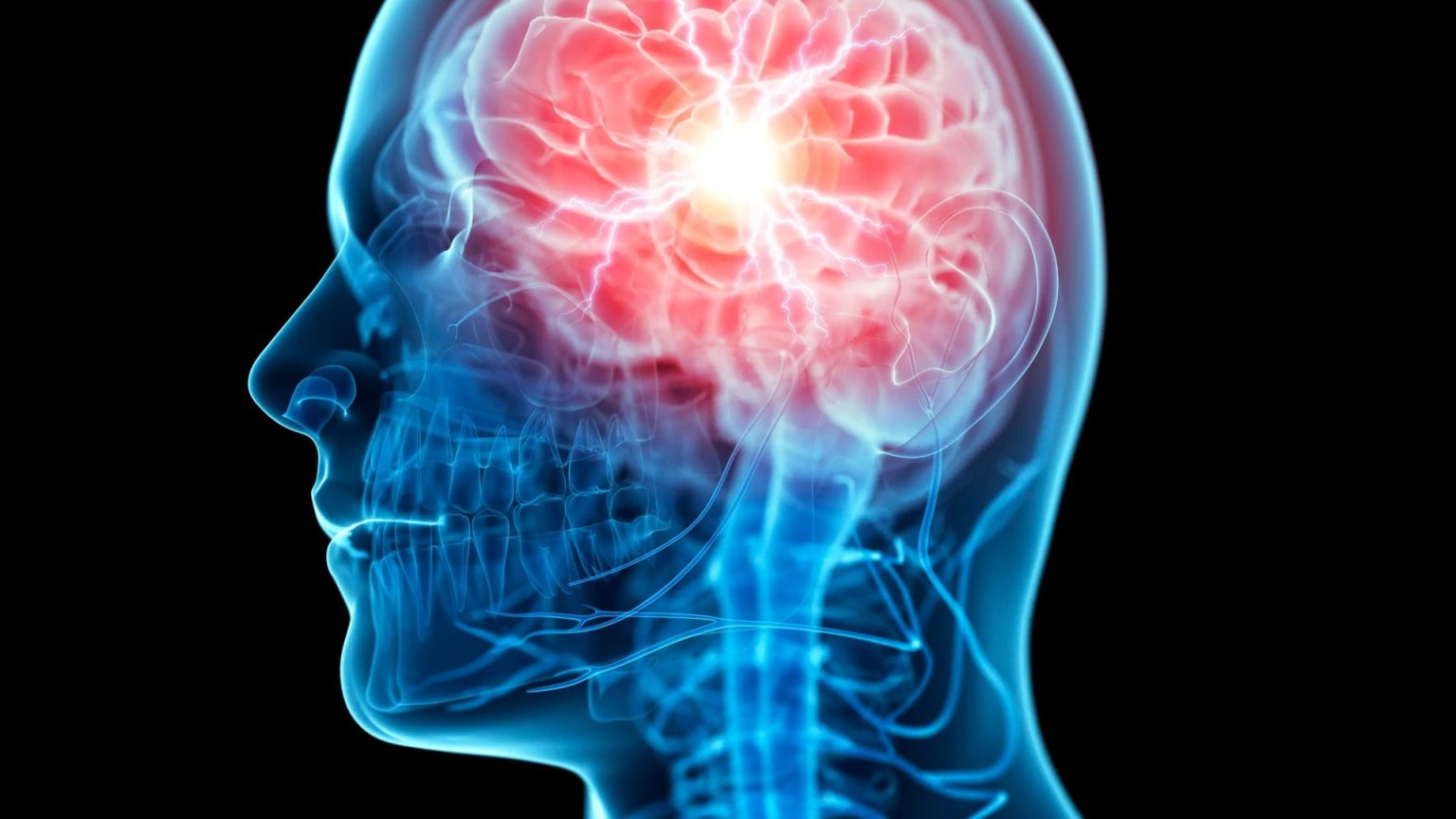The lingering cognitive impairment known as “brain fog,” a common after-effect of COVID-19, has prompted investigations into the virus’s long-term impact on brain health. A recent study from University College London, published in Nature, suggests that even mild cases of COVID-19 could contribute to an increased risk of Alzheimer’s disease. Researchers analyzed health data from 1,200 individuals, comparing those with a history of COVID-19 infection to those without. Their findings revealed that individuals who had tested positive for COVID-19 exhibited higher levels of specific biomarkers associated with Alzheimer’s disease, including proteins linked to brain damage and inflammation. While this study does not definitively establish a causal relationship, it raises concerns about the potential long-term neurological consequences of COVID-19 infection. The observed changes in brain markers were comparable to the effects of four years of aging, a known risk factor for Alzheimer’s, suggesting that COVID-19 might accelerate the brain changes associated with this degenerative condition. This was particularly evident in older individuals and those with pre-existing conditions like high blood pressure or obesity. Alarmingly, even individuals who experienced mild or asymptomatic COVID-19 demonstrated these brain changes.
Alzheimer’s disease, the most prevalent form of dementia, affects an estimated 900,000 people in Britain, with projections indicating that this number could surpass one million by the end of the decade. The disease is characterized by the accumulation of proteins like tau and amyloid in the brain. Previous research has linked viral infections such as influenza, herpes, and severe COVID-19 to an elevated risk of dementia. This new study aimed to determine whether even mild COVID-19 infections could have a similar impact on the brain. The researchers leveraged data from the UK Biobank, comparing blood samples, brain scans, and cognitive function assessments of 626 individuals with a history of COVID-19 to a control group of 626 individuals who had not contracted the virus.
The study found that those who had contracted COVID-19 exhibited lower levels of a key protein ratio associated with beta-amyloid buildup in their blood, a hallmark of Alzheimer’s disease. Simultaneously, they displayed elevated levels of proteins linked to brain damage and inflammation. These changes mirrored the effects of several years of aging, a recognized risk factor for Alzheimer’s. This observation suggests that COVID-19 infection could potentially accelerate the progression of brain changes associated with the neurodegenerative condition. Furthermore, cognitive tests and brain scans administered to participants yielded similar results. Individuals who had recovered from COVID-19 exhibited poorer cognitive performance, comparable to the cognitive decline observed with aging. Some brain scans even revealed patterns consistent with those seen in Alzheimer’s disease.
The implications of these findings are significant, particularly in light of the widespread prevalence of COVID-19. While further research is necessary to solidify the link between COVID-19 infection and an increased risk of Alzheimer’s, this study highlights the importance of long-term monitoring of cognitive function in individuals who have recovered from the virus. The findings also underscore the need for preventative strategies to mitigate the potential long-term neurological effects of COVID-19. These strategies could include promoting healthy lifestyle choices, managing pre-existing conditions, and potentially exploring therapeutic interventions to address the underlying mechanisms through which COVID-19 may impact brain health.
Beyond this specific study, other research has also explored the neurological consequences of COVID-19. A separate study published in 2023 linked COVID-19 to a range of neurological symptoms, including brain fog, headaches, and difficulty concentrating. These symptoms, researchers suggested, could contribute to neurodegeneration, further exacerbating the risk of developing Alzheimer’s disease. The cumulative evidence from these studies paints a concerning picture of the potential long-term neurological impact of COVID-19, urging continued investigation and the development of effective strategies to mitigate these risks.
While the prospect of long-term cognitive impairment is alarming, there are proactive steps individuals can take to promote brain health and potentially reduce the risk of developing Alzheimer’s disease. These include maintaining a healthy lifestyle through regular physical activity, a balanced diet, and adequate sleep. Engaging in mentally stimulating activities, maintaining strong social connections, and managing stress levels are also crucial for cognitive well-being. These lifestyle modifications, coupled with ongoing research and medical advancements, offer hope for mitigating the long-term neurological consequences of COVID-19 and reducing the burden of Alzheimer’s disease and other forms of dementia.




